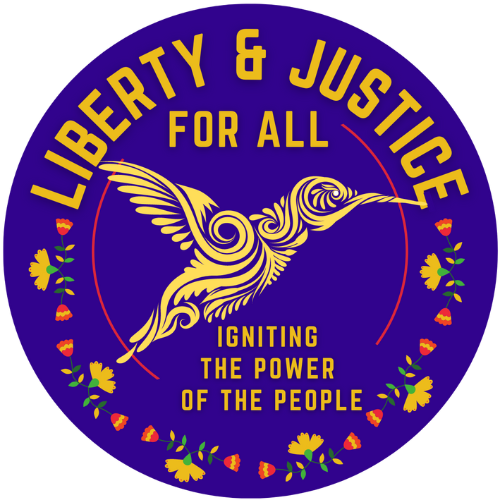Get in touch
555-555-5555
mymail@mailservice.com
We Are South Dakota
We Are South Dakota celebrates and recognizes Intersectionality expands the dialogue by acknowledging individuals possess multiple intersecting identities and these identities interact and shape their experiences and social positions. Intersectionality, originally coined by legal scholar Kimberlé Crenshaw, emphasizes various forms of oppression and privilege are interconnected and cannot be understood in isolation. Intersectionality is the framework informing the gathering, call to action and community that comprises We Are South Dakota.
What makes us unique?
Traditionally, social analysis, social justice movements, organizations and policies tended to focus on a single aspect of identity or challenge, such as gender, race, or class. However, through the framework of intersectionality We Are South Dakota highlights the importance of considering the simultaneous impact of multiple dimensions of identity, including but not limited to race, gender, class, sexuality, disability, religion, violence, and housing or healthcare availability. By recognizing these intersecting identities, We Are South Dakota advances a more nuanced understanding of social inequality and power dynamics.
Through intersectionality, We Are South Dakota expands the dialogue acknowledging the complexity of individuals' experiences and the ways in which different forms of oppression and privilege intersect and compound one another. We Are South Dakota's approach prompts us to consider how various identities interact to shape individuals' opportunities, challenges, and access to resources. The framework #WEARESOUTHDAKOTA encourages us to move beyond a single-axis understanding of social issues and fosters a more inclusive and comprehensive analysis.
Save Time
Spread the Love
Be Part of Many
Find your Community
How do we work
We Are South Dakota #WEARESOUTHDAKOTA is bringing attention to the unique challenges faced by individuals who do not fit neatly into a single category of identity. By centering the voices and experiences, We Are South Dakota allows for a more accurate and inclusive representation of diverse communities.

What Matters To You?
We Are South Dakota expands the dialogue by broadening our understanding of social issues, acknowledging the complexity of identities, and fostering a more inclusive and comprehensive analysis of power dynamics and social inequality. It encourages us to consider the interconnections among various dimensions of identity and the ways in which they shape individuals' experiences.


